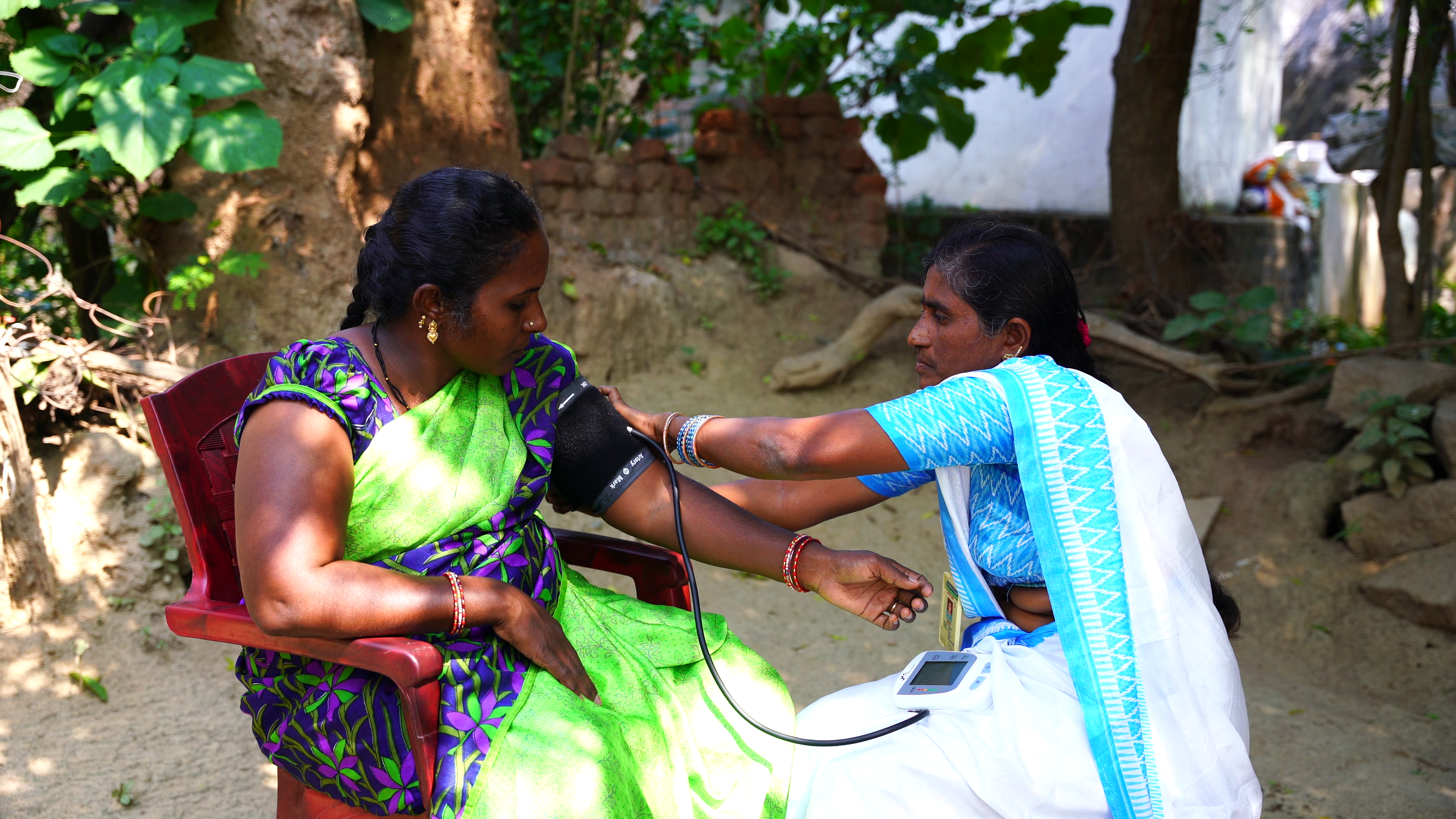Stories of our impact
We strive to make a meaningful impact with everything we do
It’s not just our research - it’s how we approach it and turn it into action that makes a real difference. Our unique approach ensures that evidence creates real-world impact, with a strong focus on advocacy.
Collaboration is key - our consistent, sustainable and meaningful engagement with consumers and communities ensures we focus our efforts where they are most needed.
Read our stories of impact and see how our work is making a difference to the health of people around the world.


